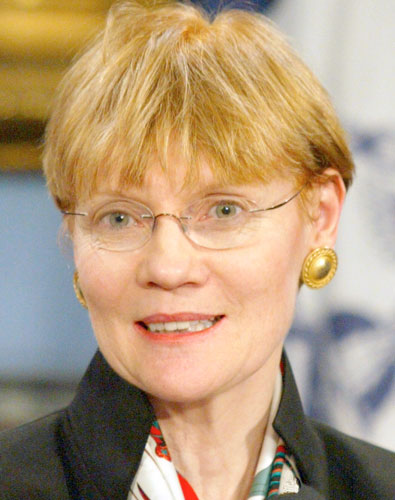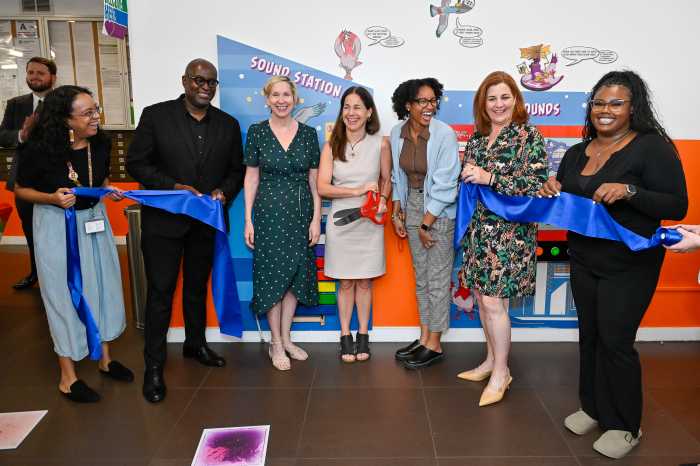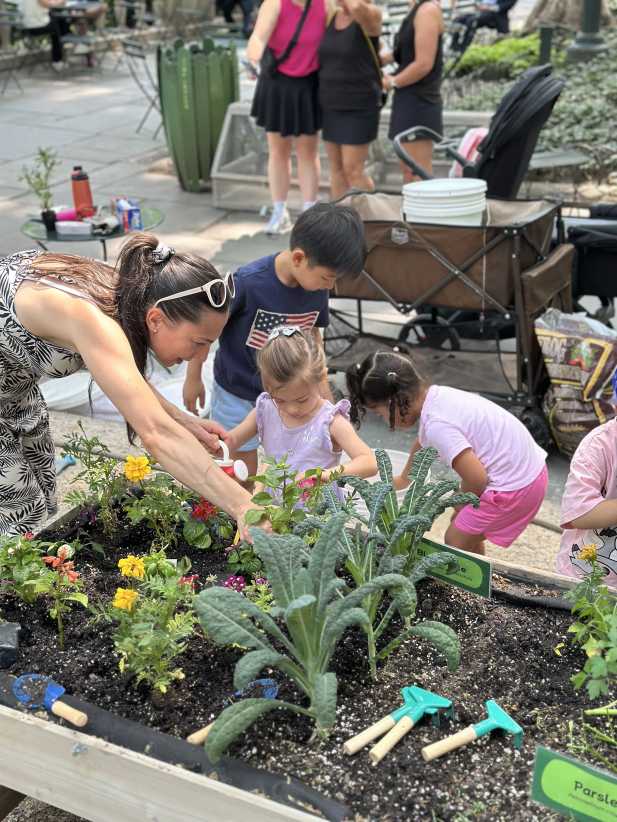Beleaguered Prospect Park has a new green queen!
The city announced on Wednesday that Emily Lloyd, a former commissioner of the Department of Environmental Protection and the Department of Sanitation, will be the new administrator of the park, replacing icon Tupper Thomas, who is retiring.
Lloyd, 65, will take over Thomas’ dual posts as administrator, and president of the Prospect Park Alliance, the nonprofit group that oversees, and raises money for, the 585-acre park.
Lloyd, a longtime Park Slope resident, said she aims to continue the work of her predecessor, who started in 1980, and is credited with rescuing the park from neglect during the ruinous fiscal crisis of the 1970s, to a verdant wonderland more in line with Olmsted and Vaux’s 19th-century vision.
“Each time I visit Prospect Park, I’m always delighted to see how much people love being out in the park,” she said, vowing to “make sure Prospect Park has the resources it needs to continue to enrich the lives of everyone who uses it.”
An exhaustive national search was launched in April after Thomas announced her retirement. Parks officials said they were confident they chose the right person for the job.
“Emily is a proven leader with a wealth of experience managing complex projects at the intersection of the public realm and citizen activism in New York City,” said agency Commissioner Adrian Benepe.
Borough leaders also joined the lovefest.
“I am confident that she will be up to the challenge as she builds on Tupper’s legacy and further enhances the reputation of our gorgeous, iconic Prospect Park as the ‘green’ standard by which all urban parks are measured,” said Borough President Markowitz.
The challenge is a mighty one.
Aside from raising private money in a difficult economy, Lloyd will be expected to tackle the myriad of issues that are facing the park, including tardy trash pick ups; the still-uncaught “Butcher of Prospect Park,” who has dumping of animal parts and conducting ritualistic slayings near the lake; and a new concern — the existence and potential spread of rabies in the park’s raccoon population.

























